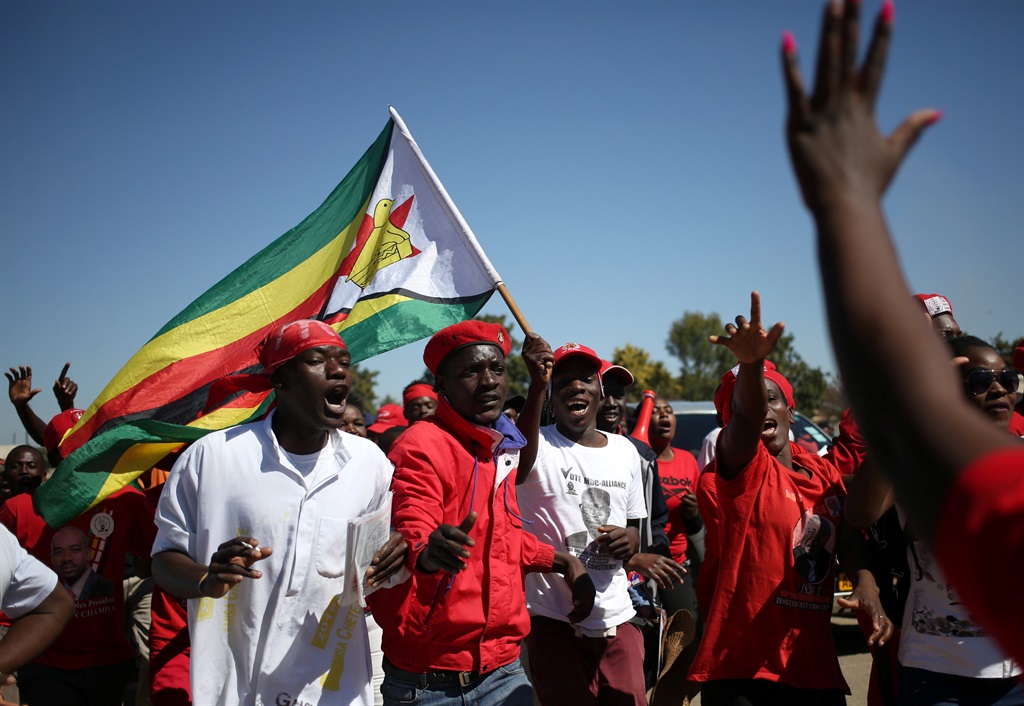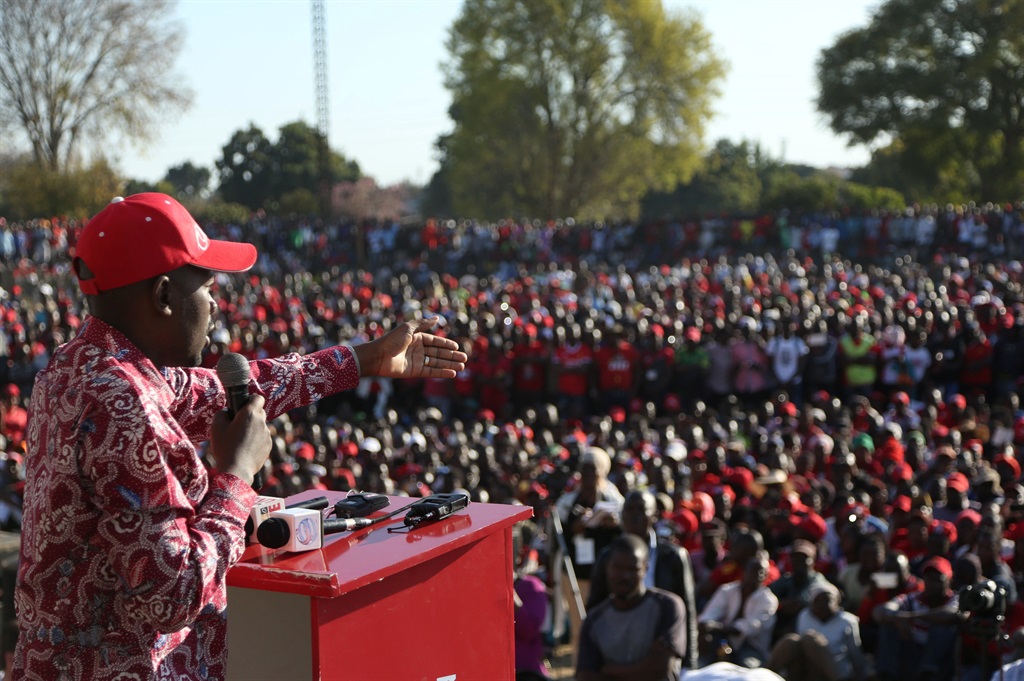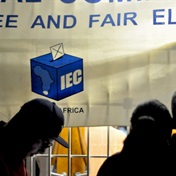
The time has come again when Zimbabwe will face a round of parliamentary and presidential elections. The world will be focusing on these elections because of how they have turned out in the past. There are a number of political parties contesting these elections but attention will be given to the ruling Zanu-PF and the opposition Movement for Democratic Change or MDC Alliance. Many observers and commentators are concerned about the outcome.
It is my observation thus far that the elections will be reasonably free but not reasonably fair. This assertion will come to surface when the more than 400 observers who are in Zimbabwe make their conclusions about the elections. The reason for this assertion is based on the fact that there seems to be a trust deficit when it comes to the Zimbabwe Electoral Commission.
Furthermore, some contesting political parties are not sure of how the Zimbabwe army and the police will conduct themselves. This is exemplified by recent demonstrations on the streets by opposition parties calling for more transparency by the ZEC as far as the printing and transportation of ballot papers is concerned. There have also been concerns about the administration of the voters’ roll.
It is believed that the ruling party is satisfied with the progress of these elections because they are privy to all logistics related to the elections. It is also already known that the presidential ballot paper has positioned President Emmerson Mnangagwa in the top corner. Many in the opposition believe that this is intended to advantage him in the final analysis.
According to Afro Barometer, a research body, there is a three percentage lead gap between the two main contestants with Nelson Chamisa in the lead and Mnangagwa following closely.
The divisions inside Zanu-PF between the G40 group that was ousted through a coup seven months ago and the Lacoste, a group supporting current President Mnangagwa, are said to be responsible for the diminishing support for Zanu-PF.
Most ordinary Zimbabweans are convinced that Zanu-PF will walk away with these elections – and not because of its popularity but due to the use of underhanded tactics. It also appears that many Zimbabweans in the diaspora will not participate in these elections and not vote because of the suspicion that to do so will be to legitimise a flawed and a predetermined outcome.
It is commonly believed that this will be the most free and peaceful election since 2008, when the ZEC delayed announcing the results for 30 days in a move which was allegedly calculated to rig those elections in favour of Zanu-PF.
It must be noted that it is in the interest of Zanu-PF to ensure that the elections are free and fair for two main reasons i.e. to cleanse Mnangagwa of the coming into power through a coup d’état and secondly to remove all targeted sanctions against members of his party and against Zimbabwe.
The former secretary of the United Nations Kofi Annan is said to have advised Chamisa to take it easy and not announce the outcome of the elections until the process is concluded.
The rationale behind this advice is to avoid the repeating the mistake which was made by the late MDC president Morgan Tsvangarai and Tendai Biti which led to massive conflicts following the 2008 elections.
Since his coming into power Mnangagwa has sought to professionalise the Zimbabwe defence and depoliticise the army and the police. It therefore remains to be seen if elections outcomes will be accepted should Mnangagwa fail to secure them. There are those who believe that although Mnangagwa is rebranding himself as a liberal democrat his army generals, especially Constantino Chiwenga, will not allow any outcome where Zanu-PF is not the winner.
It is also believed that the judiciary in Zimbabwe will have no significant and credible role to play should the post elections crisis occur. Many people believe that when Mnangagwa was removed as the country’s deputy president he could not approach the judiciary because he believed that it was captured; hence he resorted to the army.
It is also clear that Mnangagwa needed MDC supporters in Harare in order to legitimise the coup and this aim was achieved.
The MDC Alliance and some opposition parties had earlier threatened to boycott or disrupt the elections owing to their mistrust of the processes leading to these elections. These threats could not be carried out however, because the opposition realised that, should they fail to participate or try to disrupt the elections, the elections would go ahead indeed and the outcomes would be accepted.
They will therefore participate and hope that they win, and should they fail they will speedily advocate for a government of national unity in which external mediation will be sought.
It must be remembered that when Mnangagwa came into power through a coup the MDC leaders had indicated an interest to serve in the government of national unity.
After everything is said and done the majority of Zimbabweans believe that the situation in their country will not change irrespective of which party wins the elections.
A strong capitalist lobby will however legitimise the elections because since he came into power President Mnangagwa brought them to the dinner table by calling in for their investments and used the tokenism of returning some land to previous white owners.
Last but not least the other major problem that emerges from the Zimbabwean elections has been the conduct of election observers. The African Union and Southern African Development Community observers almost always declare the elections free and fair whereas their European Union counterparts always find something wrong.
My observation is therefore that the AU and SADC observers do the required day-to-day observation – they see if the general laws guiding the elections are observed – and the EU ones go beyond the call of duty by monitoring all detail and look for faults in general.
The picture is likely to be different now since there is appetite in various quarters to see a Zimbabwe that is economically stable.
President Cyril Ramaphosa must ready himself to take an extra load of work should the outcome of the Zimbabwean elections demand an external mediator towards a government of national unity. After all, he is an expert at this, he led the South African democratic transition very well.
I wish Zimbabwe happy and peaceful elections on Monday.
» Abner Mosaase is the former head of the ANC Youth League’s international relations.




 Publications
Publications
 Partners
Partners










